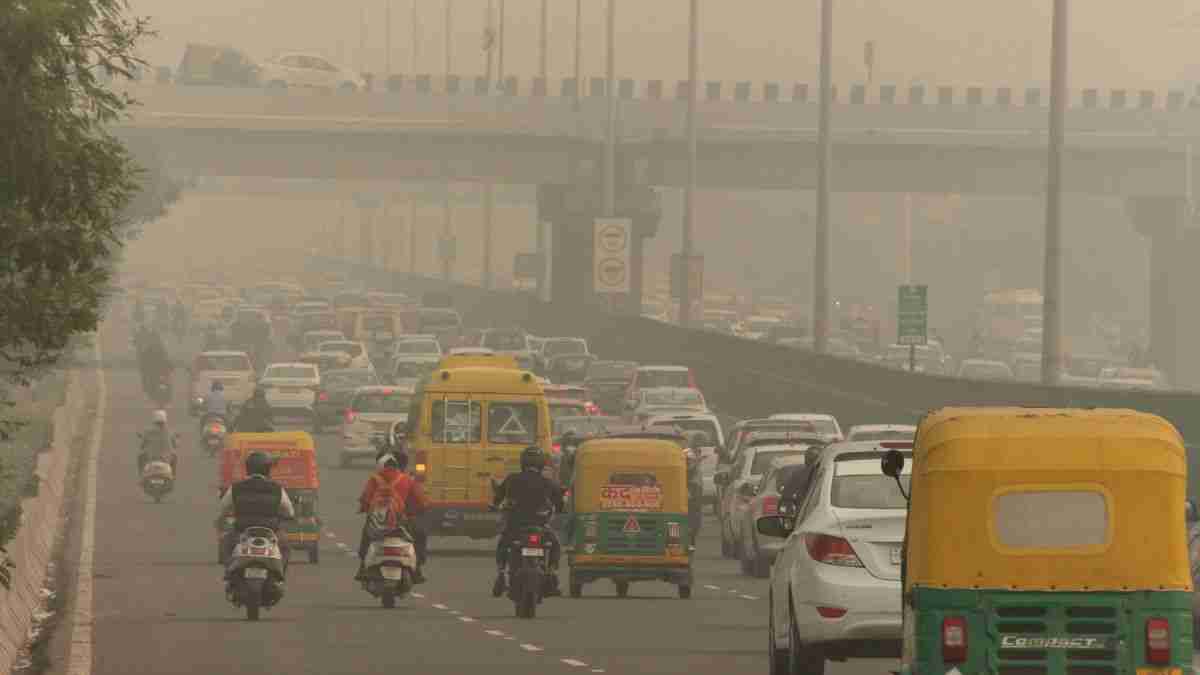As air quality in Delhi-NCR continues to decline, a recent survey reveals that 69% of households have at least one member suffering from pollution-related ailments, such as sore throat and cough. Diwali night saw an alarming spike in the Air Quality Index (AQI), hitting the upper limit of 999 in several areas across the capital.
Widespread Health Issues Across the Population
The survey, conducted by Local Circles, a digital community platform gathered responses from over 21,000 residents in the Delhi-NCR region. The findings indicate a widespread impact of air pollution on residents, with 62% of families reporting cases of burning eyes due to the rising pollution levels. Additionally, 46% of families noted symptoms of a runny nose or congestion. Breathing difficulties or asthma were reported by 31% of respondents, and another 31% reported headaches. Around 23% experienced anxiety or struggled with concentration, while 15% faced difficulties with sleep. Notably, 31% of respondents reported that their families were not experiencing pollution-related issues.
Air Quality Worsens for Individuals with Respiratory Conditions
The survey highlighted concerns about individuals with pre-existing respiratory issues, such as asthma, bronchitis, or chronic obstructive pulmonary disease (COPD). The severe AQI levels recorded post-Diwali are expected to further aggravate these conditions.
Also Read: Mumbai Cops Begin Process To Extradite Lawrence Bishnoi’s Brother From US: Sources
How Delhi-NCR Residents Are Coping with Deteriorating Air Quality
The survey also explored how residents plan to manage the worsening air quality, currently hovering between AQI levels of 300-500 and predicted to double in the coming week. Of the 10,630 respondents, 15% are considering leaving Delhi for part of this period. Another 9% plan to remain indoors and boost their immunity through specific foods and drinks. Additionally, 23% plan to use air purifiers alongside these indoor precautions.
Varied Approaches to Managing the Pollution Crisis
The data revealed mixed strategies among residents, with 15% planning to go about their regular routines while wearing masks outdoors, and another 15% combining this with immunity-boosting foods. About 23% aim to rely on air purifiers, while a notable portion of the population seems prepared to endure the pollution with minimal protective measures.













